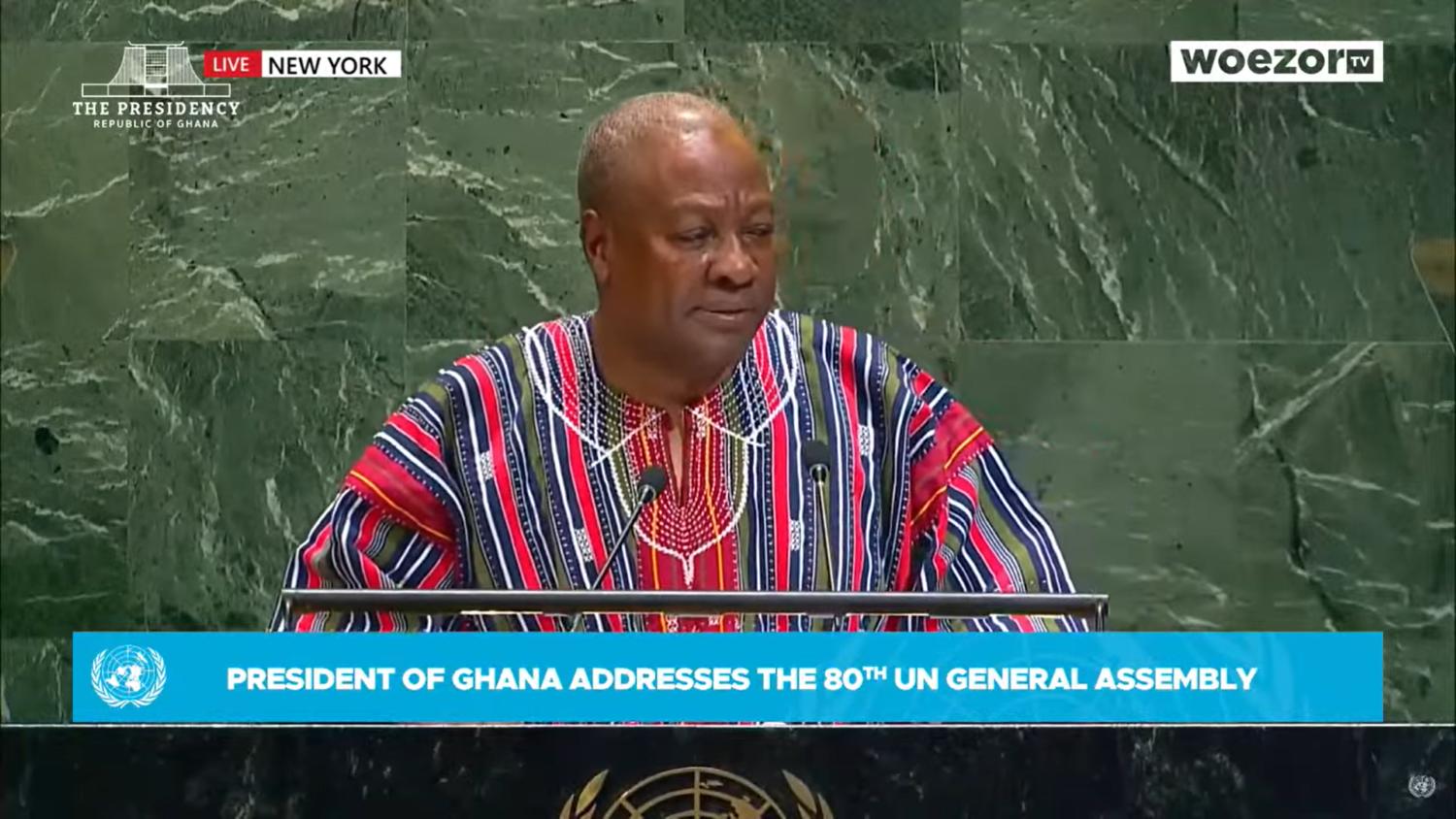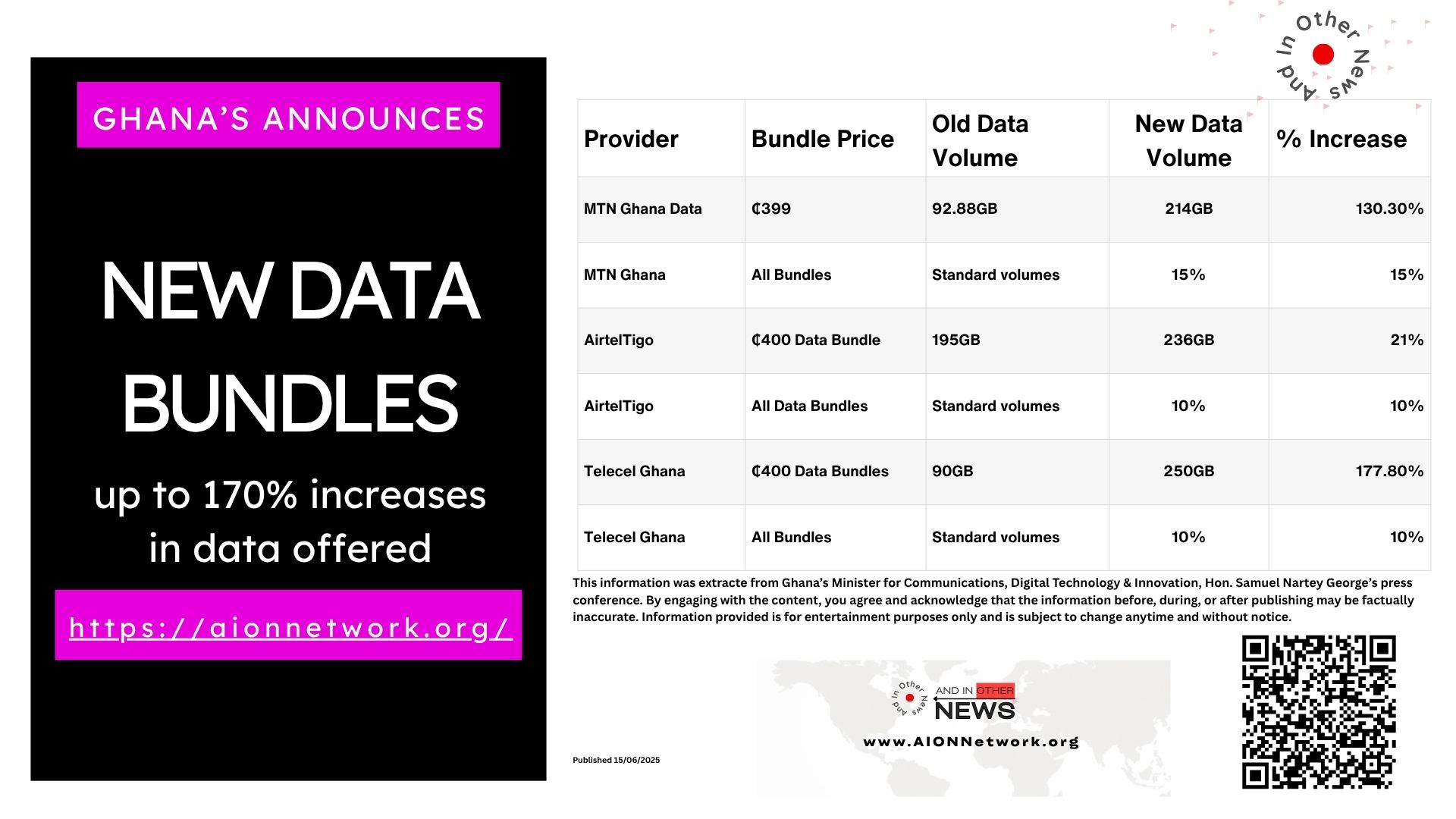Ghana mobile money scam activity is on the rise, sparking widespread concern as alleged fraudsters exploit growing interest in global platforms like Temu. Are these scams, often posing as delivery or tax fee requests, preventing Ghanaians from fully accessing the ₵62.6 trillion global e-commerce economy the rest of the world is profiting from?
Ghana Mobile Money Scam: Alleged Tactics Target Temu Users
Online scammers are allegedly at it again. The popular shopping platform Temu has entered Ghana with big ambitions—but now finds itself at the center of Ghana mobile money scam reports. Users claim individuals allegedly posing as logistics agents from Speedaf are reaching out via WhatsApp, SMS, and MTN mobile money with fake tax or delivery fee requests. In the example below, the alleged scammers request payments be sent to Speedaf. For now, it is clear that the owners or those who obtain access to that SIM are using it to conduct allegedly illegal and criminal activities with the number in their own name or posing as Speedaf.
Reputable Websites Take Action. Temu Tries to Protect Consumers by Posting Protection Messages
To its credit, Temu is taking firm steps to protect its users. On the website, customers see a message clearly on the website that includes a warning: never pay outside the Temu platform and never trust links that don’t end in temu.com. While the fraudsters allegedly use names like Speedaf to gain credibility, Temu is not involved in any of these requests and warns against them proactively.
Why Ghana Mobile Money Scam Cases Are Growing
Mobile fraud in Ghana has long been a problem, and digital shopping scams are just the latest form. Despite mobile money’s popularity, many Ghanaians avoid online payments due to the fear of scams. It is a mindset that’s deeply rooted and economically costly.
However, these scams are creating a trust vacuum, forcing businesses and individuals to avoid online platforms, right as the rest of the world reaps the benefits of digital commerce.
SAMPLE FRAUDULENT MONEY SCAM
₵62.6 Trillion in Global E-Commerce—and Ghana’s At Risk
In 2024, global e-commerce generated $6.09 trillion USD—equivalent to ₵62.6 trillion Ghana cedis. Therefore, this isn’t just online shopping; it’s job creation, export expansion, and financial inclusion. But Ghana mobile money scam fears are shutting out opportunities for:
- Freelancers and local artisans
- Online retailers and delivery services
- Digital marketers and tech developers
Read our full Ghana Digital Economy Report
How Other Nations Beat Scams and Unlock E-Commerce
- China: Fast legal action against impersonators and fraud rings
- Singapore: Real-time bank and telecom fraud alert systems
- Germany: Consumer digital rights and strong online dispute frameworks
Moreover, these systems are missing or underdeveloped in Ghana, which makes it easier for scammers to operate and harder for consumers to trust digital transactions.
Fighting Back Against the Ghana Mobile Money Scam Crisis
- Law enforcement: Prosecute impersonation and telecom fraud quickly
- Telcos: MTN and others must blacklist known scam numbers
- Education: National campaigns to teach people to identify and report scam attempts
- Platform partnerships: Regulate e-commerce collaborations between telecoms, banks, and platforms like Temu and Jumia
Final Word: Don’t Let the Ghana Mobile Money Scam Define Our Digital Future
Ghana stands at a crossroads. It can crack down on scams and restore public confidence—or watch opportunities in e-commerce, fintech, and global trade slip away. Platforms like Temu are doing their part. Now it’s time for authorities, telcom, and the public to step up too.



